In October 2002, 28-year-old David Stuart MacLean woke up at Hyderabad railway station. He was standing at the time, and had no idea where or who he was. A kindly tourist police officer reassured him that his case wasn’t unusual: plenty of young people came to India, took too many drugs and ended up similarly ‘confused’.
MacLean immediately had a flashback to injecting heroin with a redhead called Christina — but this proved to be untrue. (Nor was the universe, as he then believed, created by Jim Henson at a studio in Burbank.) Instead, after he’d been taken to a local mental hospital, the doctor diagnosed the side effects of Lariam, an anti-malaria drug with a history of causing psychosis in a minority of users.
Throughout the book, MacLean returns to the subject of Lariam and its dangers. Mostly, though, he writes about his attempts to work out who he was and how to be that person again.
Once the Indian authorities have found his parents and they arrive at the hospital, the basic biography is clear enough. MacLean was a postgrad student who’d come to Hyderabad on a Fulbright scholarship to do research for a novel set in India. He’d grown up in Ohio, was an assiduous annotator of the books he appeared to have read and had a dog called Sally and a girlfriend called Anne, both of whom he seemed to be fond of.
Back in the States, MacLean is at first equally bullish about his chances of impersonating the man he once was. But then comes a dispiriting realisation: ‘The more I found out about myself, the more frustrated I was with who I turned out to be.’ For a start, he evidently had an annoying fondness for pranks — so much so that some of his friends thought he was faking his memory loss for hilarious comic purposes. At the time of his breakdown, he’d also been preparing an act of infidelity to Anne, behaviour that was by no means uncharacteristic. So was his aim really to go back to being a jerk?
Although the novel that MacLean was planning in 2002 has never appeared, his writing talent is obvious, particularly in his ability to convey great confusion with great lucidity — and to remember exactly what it’s like to forget. (Essentially, very frightening.) And, while the tale he tells is often agonising, its tone is not just free from self-pity but pitched somewhere between the matter-of-fact and the surprisingly affable.
Without pushing it too hard, he also allows us to appreciate that not all of his experiences are unfamiliar to the rest of us. Who hasn’t forgotten books they’ve read, people they’ve met and large chunks of their personal history? In other words, the book acts as a quietly powerful reminder that we’re all, to some extent, struggling with our own amnesia — and maybe even impersonating the person that represents our best guess as to who we are.
In the epilogue, MacLean explains that, more than 10 years on, he still has memory gaps, but concludes with a flourish that he’s ‘finally discovered this guy who was me’. If you wanted to be harsh, you could certainly argue that this ending strikes a rare false note, feeling rather too glib a solution to questions that he’d earlier raised in all their irreducible knottiness. Nonetheless, it’s hard to imagine many readers of this vivid and intriguing book begrudging its author a spot of self-protective wish fulfilment if that’s what he needs.
Got something to add? Join the discussion and comment below.
Get 10 issues for just $10
Subscribe to The Spectator Australia today for the next 10 magazine issues, plus full online access, for just $10.
Available from the Spectator Bookshop, £9.89. Tel: 08430 600033
You might disagree with half of it, but you’ll enjoy reading all of it. Try your first month for free, then just $2 a week for the remainder of your first year.

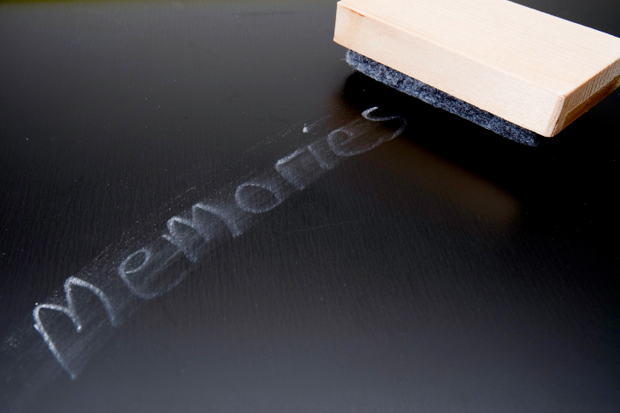
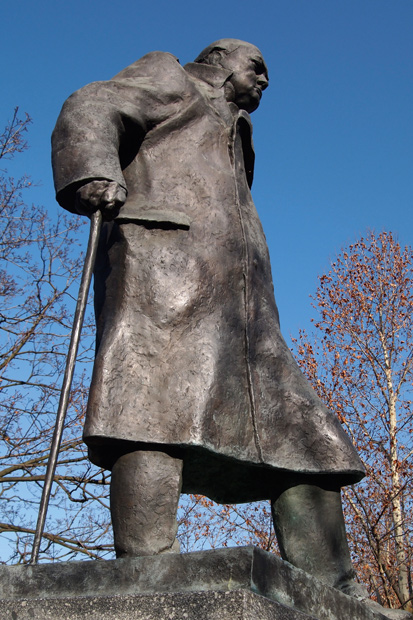

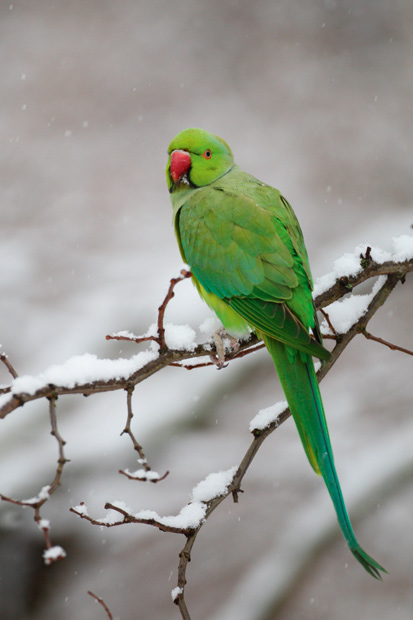
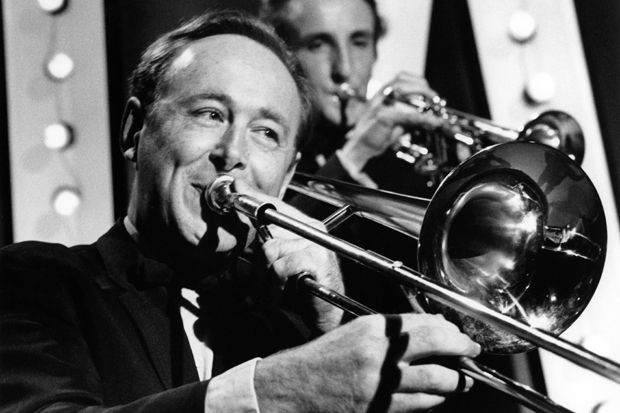
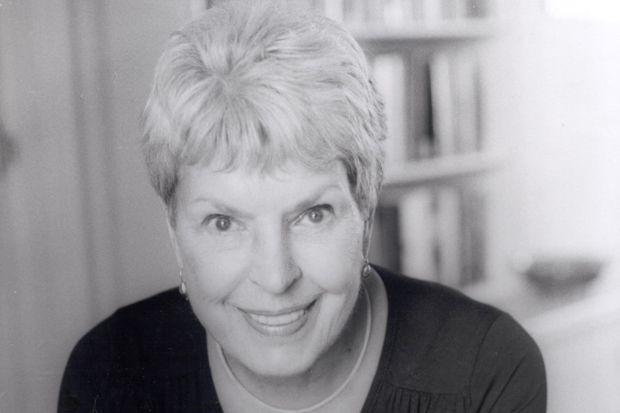
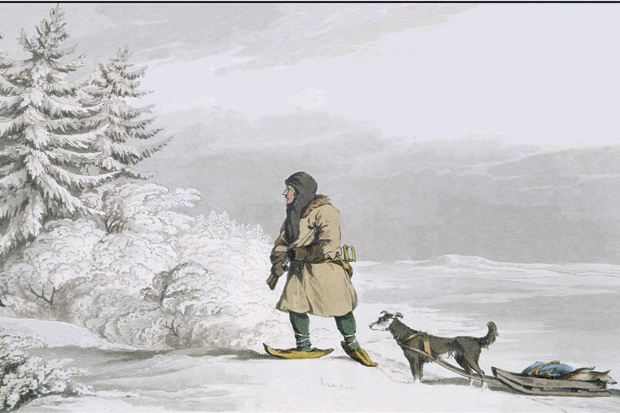






Comments
Don't miss out
Join the conversation with other Spectator Australia readers. Subscribe to leave a comment.
SUBSCRIBEAlready a subscriber? Log in